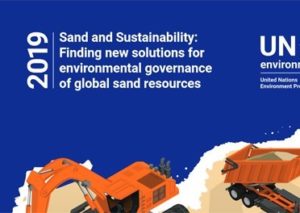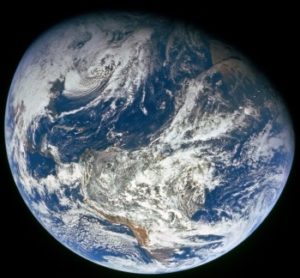by D. Woljick, March 15, 2020 in CFACT
The UN’s climate action machinery is on the verge to collapse, beginning this November in Glasgow, Scotland. This time the annual climate summit, called COP 26, is most likely to end in complete disarray, even more than COP 25 did last year in Madrid, Spain.
The failure of COP 25 was widely noted with sadness, but Madrid was a minor COP, with little of substance on the table. In contrast COP 26 is hugely important. When it fails, the UN has to rethink its entire approach to climate action.
One of the six principles stated in CLINTEL’s World Climate Declaration captures the situation very succinctly. It says “Climate policy must respect scientific and economic realities.” If it does not, such a policy must fail. See https://clintel.org/world-climate-declaration/.


